Netflix subscribers might have noticed the name of Final Fantasy XIV among the new series premieres of September. They might have also felt confused when they discovered that, far from being any sort of lore-expanding production like Brotherhood or Kingsglaive: Final Fantasy XV, it was actually a Japanese soap opera about the relationship of a young man and his father. Most people probably moved on to another show, but I watched all 8 episodes, and I have to say: I really liked Dad of Light.
The title alone does a lot to describe how this series breaks with anything you would expect coming from a popular RPG franchise. Yes, it makes you cringe, but it also makes you instantly aware that this is not your regular videogame spin-off. What lies beneath is a show full of heart that is easily relatable to any gamer who has ever wanted to share their passion with an important person in their lives.
Dad of Light is the project of a young man named Akio Inaba to try to reconnect with his father, Hakutaro Inaba, by inviting him into the world of Final Fantasy XIV, and befriending him in the game while hiding his own identity. Why that game specifically? Well, there is some backstory that supports this idea.
Akio got very close to his father at some point during his childhood, when Hakutaro bought him the then-new Final Fantasy III so he would not get bored during the summer holidays. Not only Akio loved the game, Hakutaro also got interested in the fantasy adventure as well, to the point that he would play it at night so nobody would notice an adult man like him playing a videogame.
Then, Akio spotted him playing the game one night, and for the rest of the summer they spent hours playing together and discussing strategies to go through dungeons and face the most powerful bosses.
Fast forward to the present, and father and son have grown apart as Hakutaro focused on his career. However, one day he arrives home with the shocking news that he has left his job. Sensing this as the perfect opportunity to restore their relationship, Akio buys his dad a PS4 with the A Realm Reborn edition of Final Fantasy XIV, hoping that it will engage him as much as the game they played more than a decade ago.

The show is a mid-range Japanese production, very close to what would be expected from a regular family sitcom. Which for better or worse makes the concept of the series come to life, because it helps keeping the story tight and moving forward. This simplicity also matches with the general naivety of the script and particularly with side characters and subplots, which take a step down from the higher stakes of the main story. Their main objective is both offering some comic relief and complementing the main theme of each episode, often coming up with the solution of Akio’s problem in his family life. This connection feels more natural in some occasions than others, with episode 2 in particular reaching some problematic extremes to relate to the main theme.
The in-game animated scenes use FFXIV’s own engine
Of course,what sets Dad of Light apart and establishes the direct connection with Final Fantasy XIV are the scenes set inside the game itself, with Akio’s female avatar Maidy and her group of digital friends slowly befriending Hakutaro and helping him go from learning the basics to beating the most difficult bosses.
The in-game animated scenes use FFXIV’s own engine, which makes it feel a little clunky, as it only allows for a limited selection of gestures, but it’s all for the purpose of presenting a truthful representation of the game. Actually, this limited range of gestures allows for some hilarious moments when a serious character like Hakutaro makes some ridiculous poses to express happiness or gratitude.
Some fans have complained that the game portions of the story have been simplified for narrative purposes, with the characters getting to certain boss battles in a very short time compared to the amount of grinding that the game requires, but it’s understandable considering that it’s the game the one that submits to the show to provide context, not the other way around.

With the simplicity of the production and subplots, the whole show rests on its cast to infuse most of the nuance and additional reads on the material. Thankfully, every actor and actress makes the most out of their well-defined roles, with none of them feeling like a weak link.
Ren Osugi plays the role of Hakutaro, and he manages to imply on screen the complex mentality of this traditional Japanese parent even when the script keeps his true motives hidden on purpose. He not only plays perfectly the part of the mature man with traditional values, but also embraces the more comedic moments in a way that feels shocking because somehow they fit so well with the portrayal of the character.
Yudai Chiba plays the other protagonist of the story, Akio Inaba in his grown-up version, and his role is the traditional figure of a Japanese boy with very good manners, and a little shy and clueless when he is out of his comfort zone. A role like this only works when the script offers some counterpoint in the form of overblown comedic bits, which Chiba luckily plays perfectly. His performance is probably the closer to the sterotypical comedic role in Japanese animation, which helps to reinforce the nature of the show.
Every actor and actress makes the most out of their well-defined roles
Outside of the two main characters, the rest of roles have more defined portrayals, and it’s not frequent to see them out of their established functions. I will say that Mako Ishino plays one of the most lovable on-screen mothers I have seen recently. Maybe the character falls into a more traditional role than we are used to see in the West nowadays, but the fact that we see the portrayal through the eyes of a different culture helps to soften the shock.
Getting the right cast for this show has proved to be a crucial move, as if there is something that will keep you watching it’s the immense heart of the characters and the story. The show gets you hooked right from the introduction in the past thanks to the great child actor that plays young Akio and Osugi himself. This opening is a short story in itself, and the fact that you enjoy so much watching Hakutaro embrace Final Fantasy III makes you wish to see the same happening in the present storyline.
The show is fairly light-hearted for most of the season, which makes the contrast with the drama-filled last episodes the more stricking and emotional. By the time the story approaches its climax, the audience has become incredibly attached to those characters by recognizing traits of similar relationships they have in their lives, and simply because of the great time they have spent with those characters up to that point. Do you feel all that emotional investment has been worthy? You bet it is.
Yes, Final Fantasy XIV: Dad of Light is a soap opera, but it’s a soap opera full of heart that transmits genuine emotions that we all can relate to. It appeals to that moment when everyone has wanted to share our passion with someone from an older generation, and it makes it in the most lovable and joyful way.



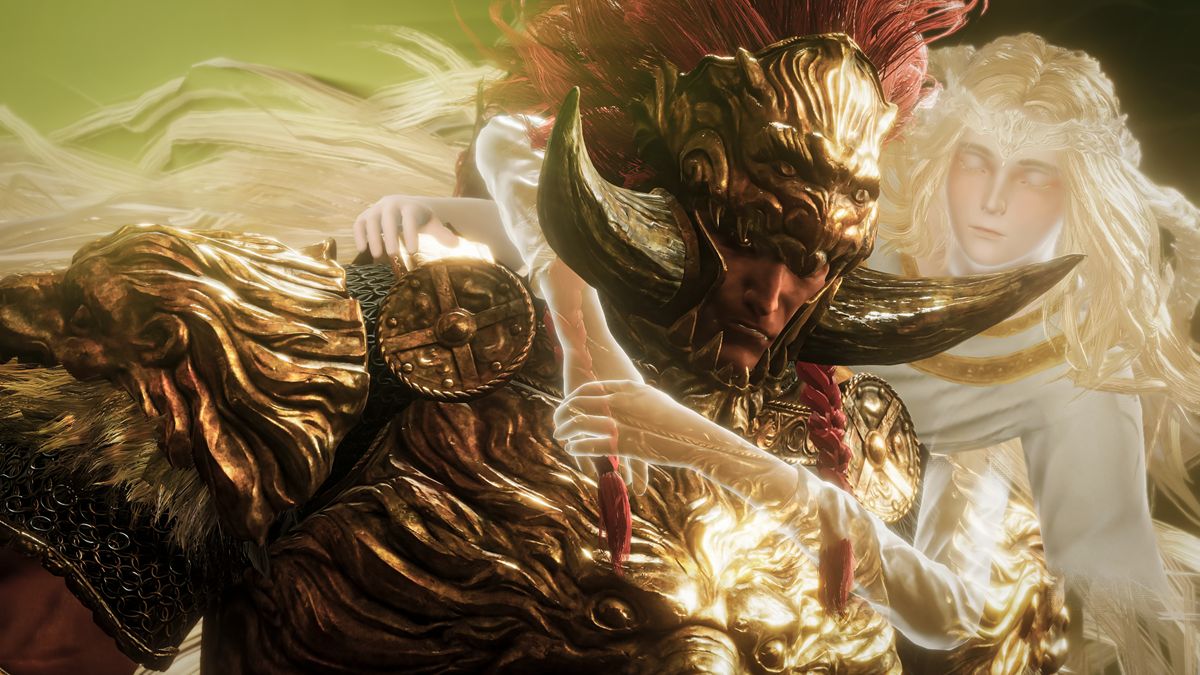
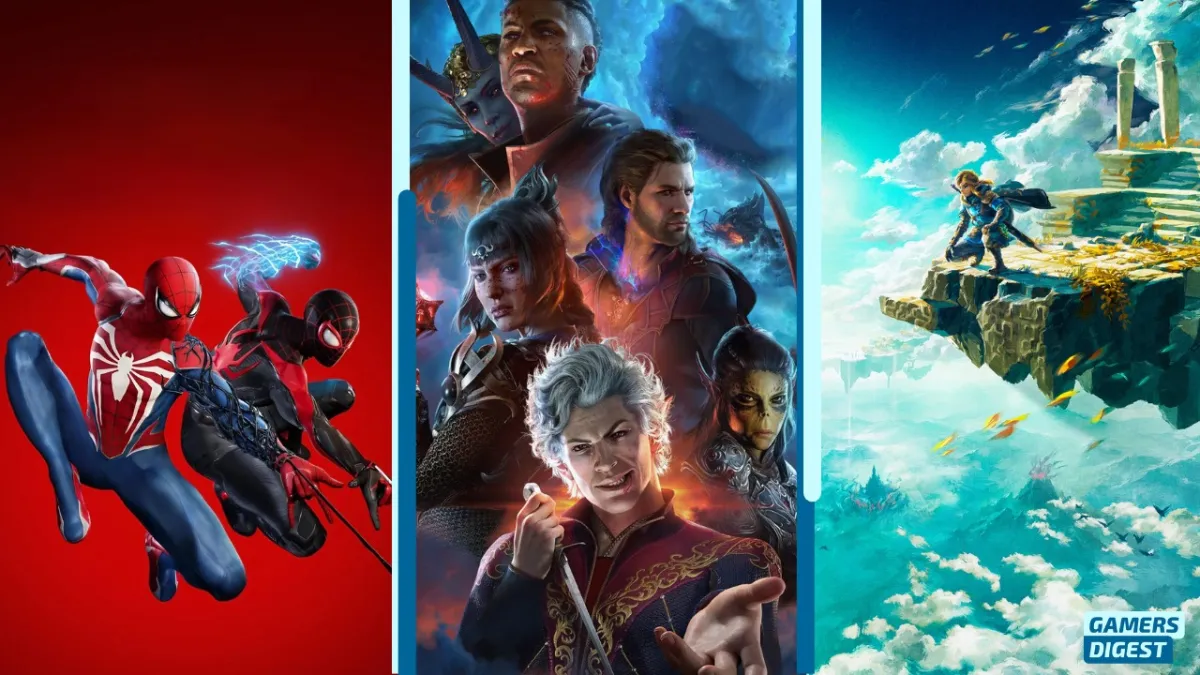
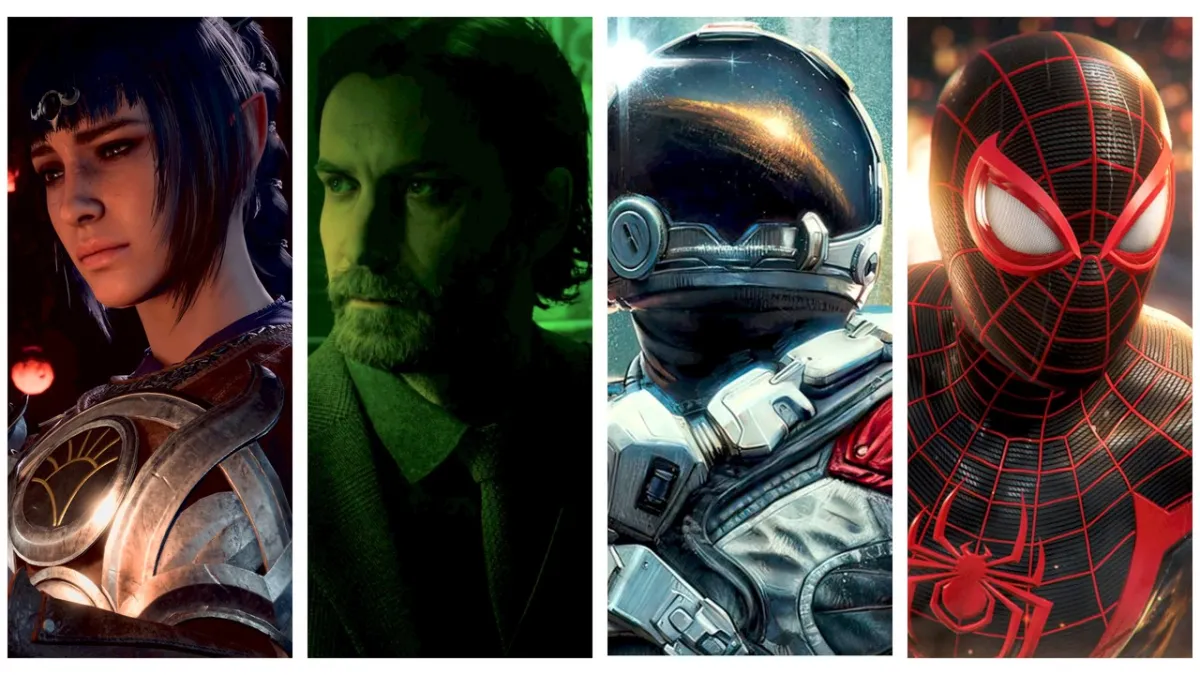
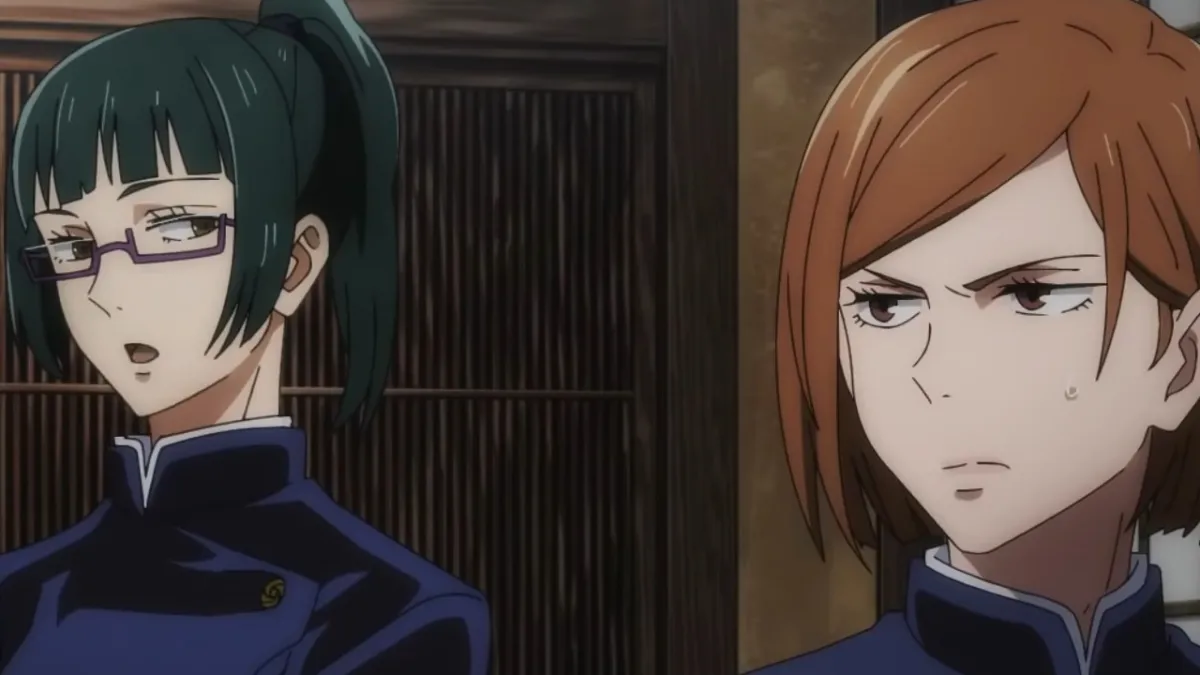
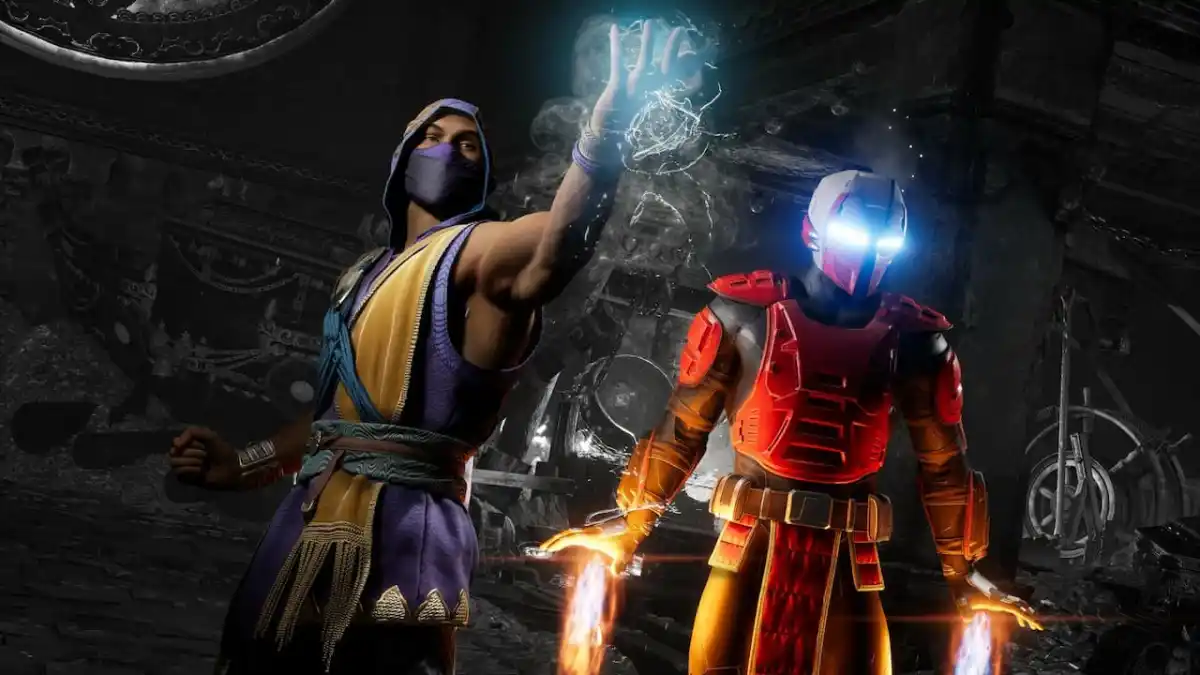
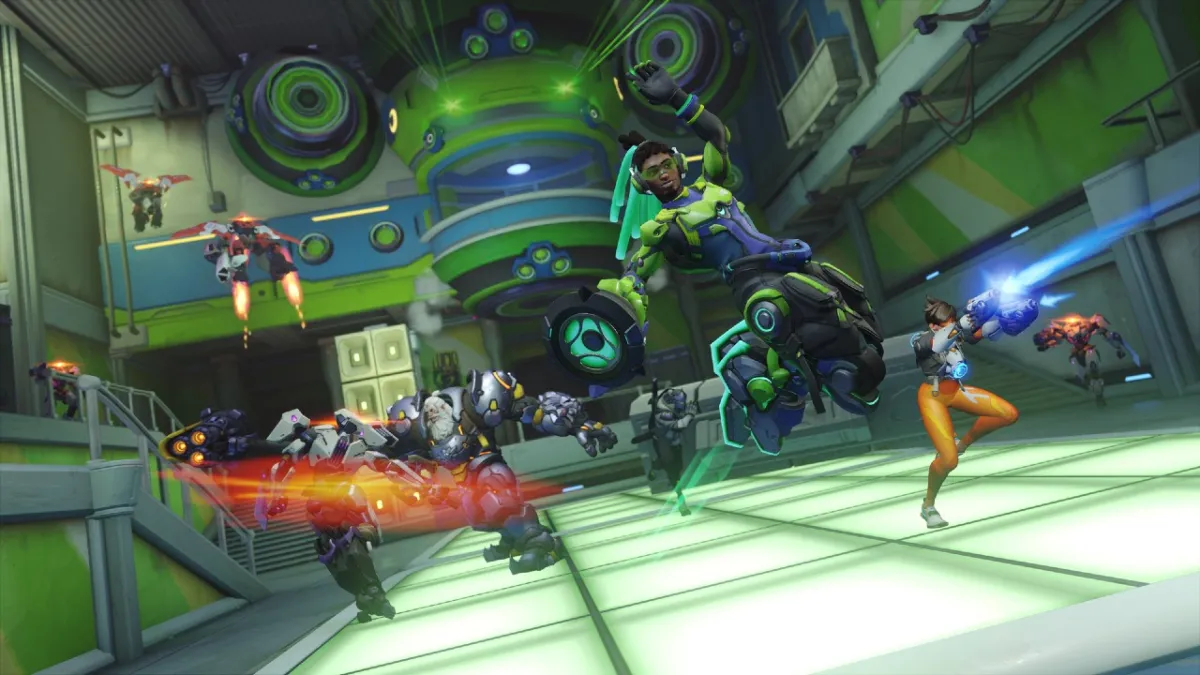

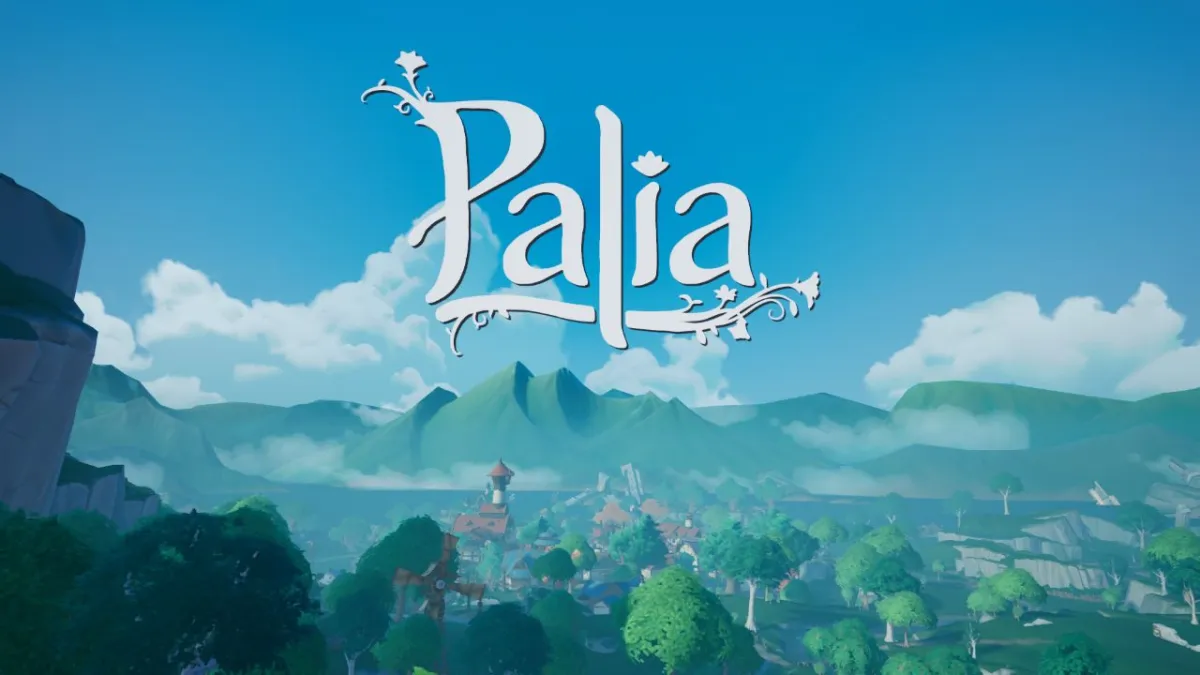
Published: Sep 12, 2017 07:00 am